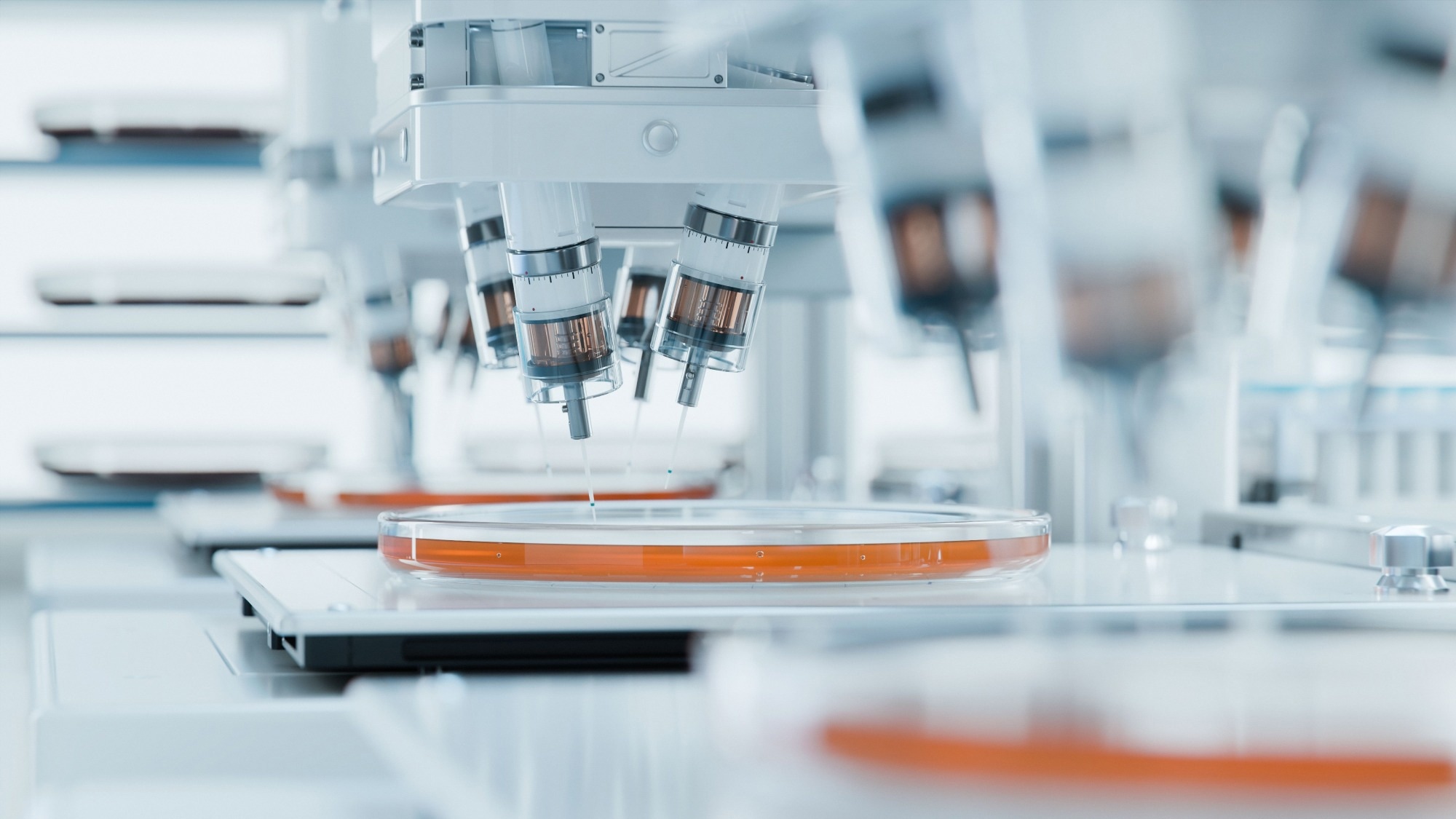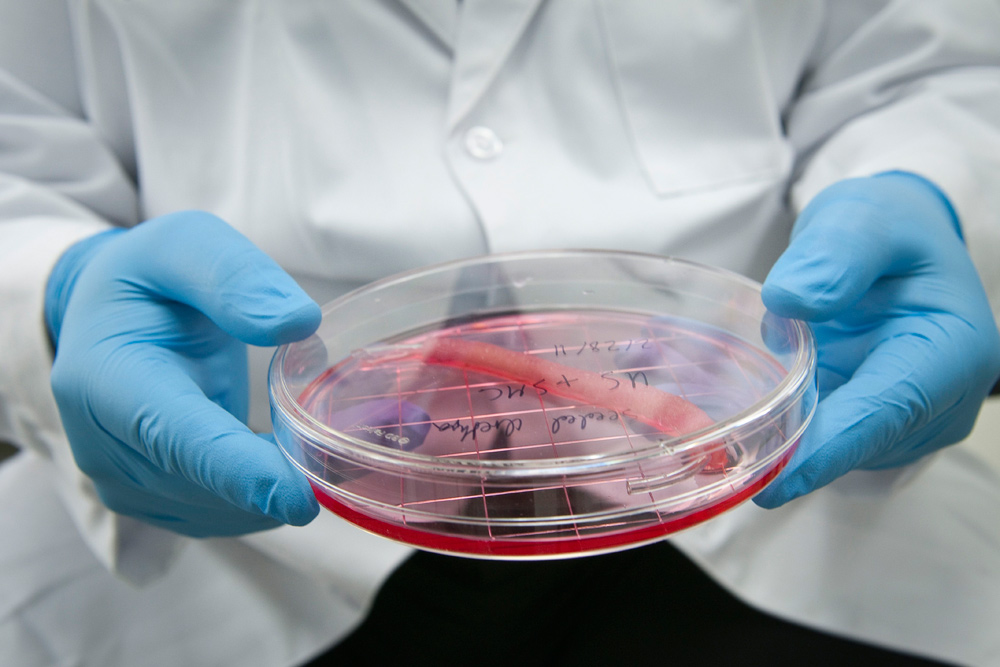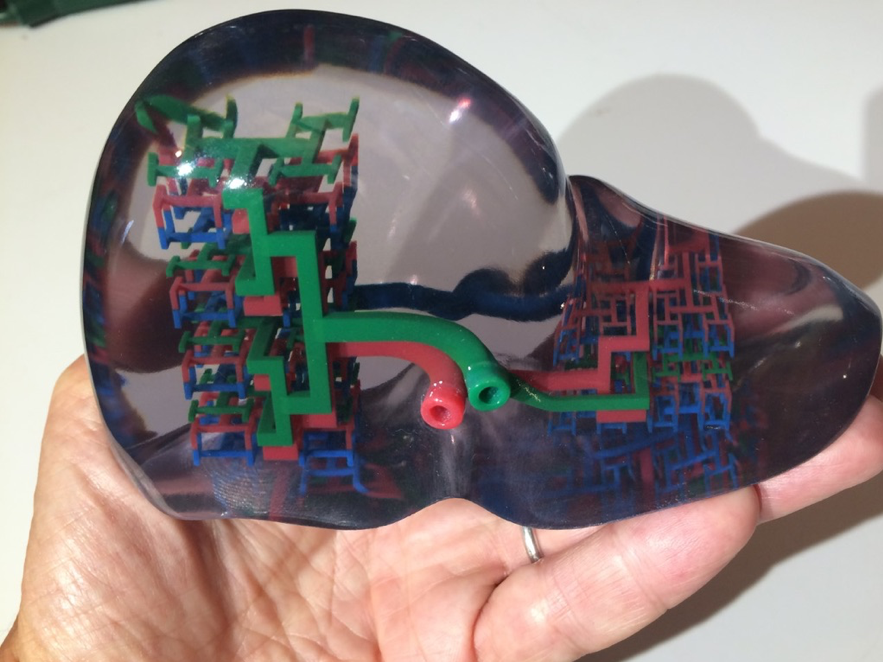在尖端技术和医疗进步不断突破人类潜力界限的时代, 彻底长寿的概念比以往任何时候都变得更加切实. 实现这一雄心勃勃的目标最有希望的途径之一在于实验室培育的器官领域. 这种生物技术创新确实可以彻底改变医疗保健, 为器官衰竭提供潜在的解决方案并显着延长人类寿命.
当我们深入研究这个有趣的话题时, 我们将探索实验室培养器官背后的科学, 他们的潜在好处和挑战, 以及对彻底长寿的影响.

实验室培育器官背后的科学
实验室培育的器官, 也称为生物工程或合成器官, 使用患者自己的细胞创建. 这个过程显着降低了器官排斥的风险, 传统器官移植的常见问题.

实验室培育的器官是如何产生的?
创建实验室培养器官的过程涉及几个阶段:
- 细胞收获: 医生从患者身上提取干细胞, 来自骨髓或脂肪组织.
- 器官支架: 一个脚手架, 由可生物降解材料制成的结构, 按照要替换的器官的形状创建.
- 细胞接种: 然后将收获的细胞放置在支架上并促进生长.
- 器官生长: 随着时间的推移, 细胞增殖并分化成形成功能器官所需的各种类型.
这个过程, 称为组织工程, 允许创建与患者原始器官在生物学上相同的器官.

实验室培养器官的潜在好处
实验室培养器官的出现在医学及其他领域带来了众多优势.
解决器官短缺问题
实验室培养器官最显着的好处之一是有可能解决器官短缺问题. 现在, 器官移植的需求远大于供应. 据美国. 卫生与公众服务部, 超过 100,000 人们在国家移植等待名单上, 每九分钟增加一名新患者. 实验室培育的器官可以为这一紧迫问题提供可行的解决方案.

消除器官排斥
由于实验室培养的器官是由患者自己的细胞产生的, 器官排斥的风险显着降低. 这可以消除长期免疫抑制治疗的需要, 它通常伴随着传统的器官移植,并可能产生严重的副作用.
延长人类寿命
通过提供现成的替代器官供应, 实验室培育的器官有可能延长人类寿命. 随着器官老化和衰竭, 它们可以被生物工程版本取代, 有效地解决与年龄相关的器官衰竭.
挑战和道德考虑
虽然实验室培育的器官的好处是显着的, 该技术还带来了一系列挑战和道德考虑.
技术和生物障碍
尽管组织工程取得了重大进展, 创建功能齐全的, 心脏或肾脏等复杂器官仍然构成重大挑战. 这些器官具有复杂的结构和功能,难以复制. 而且, 诱导细胞生长成特定类型的组织并确保它们正常发挥作用是一个复杂的过程.
道德考虑
通过实验室培育的器官延长人类寿命的可能性也引起了伦理方面的考虑. 每个人都可以使用这项技术吗, 还是只有那些能负担得起的人才能使用? 大幅长寿将如何影响人口增长和资源? 当我们逐渐接近这一现实时,这些都是社会必须解决的重要问题.
实验室培育的器官和激进的长寿: 未来就是现在
毫无疑问,实验室培育的器官有可能彻底改变医疗保健并为彻底长寿铺平道路. 当我们继续探索这个前沿领域时, 我们还必须考虑如何应对随之而来的挑战和道德考虑.
目前, 实验室培育器官的前景为那些等待器官移植的人带来了希望,也让人们一睹彻底长寿可能成为现实的未来.
综上所述, 实验室培育的器官标志着医学科学向前迈出了非凡的一步, 承诺未来器官衰竭将成为过去,彻底的长寿将成为我们力所能及的事情. 随着我们不断突破可能的界限, 我们还必须确保利用这些进步造福所有人, 不仅仅是精选的几个.
当我们沿着这条革命道路前进时, 关键在于促进持续的研究, 伦理话语, 和公平的医疗政策. 毕竟, 最终目标不仅仅是延长寿命, 而是为了提高每个人的生活质量.




